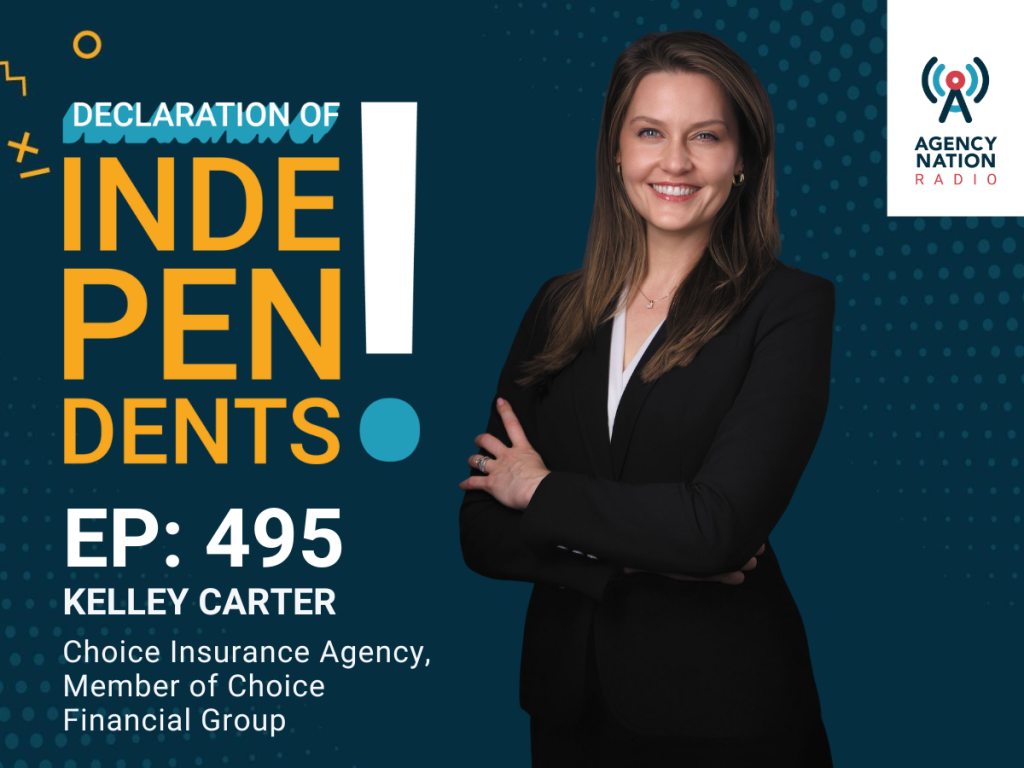Are You Playing Chess or Checkers?

By: Charles Brennan
One of the fastest-growing sports in America is pickleball. Pickleball combines elements of tennis, badminton and table tennis into a game in which two or four players use paddles to hit a perforated plastic ball, similar to a wiffle ball, over a net. It’s very competitive—and a lot of fun.
After a recent match, my opponent commented to me that he felt like he was playing checkers but I was playing chess. It was a funny moment, but I explained to him that after watching his game for a couple of minutes, I noticed his play was very predictable. Essentially, he was playing with a one-move-at-a-time checkers mindset, while I was playing with a long-term strategy and chess mindset.
The chess mindset comes in handy in many situations and is a useful approach in business. For example, an interview is highly predictable. A while ago, my son was applying for a financial position in New York. He was a little nervous about the interviews and wanted to prepare himself for the conversations. As we walked through the potential interview questions, I said to him, “How do you think the interview will end?” He gave me a puzzled look and said, “How should I know?”
I told him we could figure that out in a couple of minutes. He was up for the task. We brainstormed and decided on the four most likely conclusions of the interview. Once we identified the outcomes, we put percentages—totaling up to 100%—on the likelihood of each one.
Our next step was to craft out a response for each outcome. Of course, we placed more attention on the most expected outcome. This strategic approach led to a more comfortable and effective interview because he knew what to expect. He was calmer and more confident about the entire process, and did well enough to get offered the job he wanted.
Given that an interview is highly predictable, you can also say the same about a sales call. However, there is a difference between pre-call planning and strategic preparation. During years in sales and conducting thousands of training programs, I have noticed that in pre-call planning you examine what you want to say and do in the interaction. Strategic planning is more involved, requires critical thinking and can improve the outcome of a conversation.
Strategic preparation puts you a few steps ahead of the competition or the people you are interacting with. If combined with the right skill sets, resources and tools, this can be a very powerful approach. Strategic planning diminishes the possibility of missed opportunities and realizations of “I should have done this” or “I should’ve said that!”
Initially, strategic planning can be a little time consuming. But, because most customers or prospects say and do the same things, your strategic plan can be reused with only slight adjustments.
If you have participated in sales calls and customer interactions, you can predict what will happen with an 80% level of accuracy. You can pick up on individuals’ tendencies. Much like in chess, you are several moves ahead of the person on the other side of the desk or the other end of the phone.
Thinking ahead provides you with a great advantage. Go beyond what you want to say, present and do. Start to think about what you can do to make the interaction more effective. If you can prepare for the following situations that will occur during the interaction, you should be at least one step ahead. To prepare, answer these four questions:
1) How will the interaction start after the cordial salutations occur?
2) If the person is unreceptive or neutral, what are the three conversations that need to occur to move the person in a positive direction?
3) If the person is predisposed and receptive, what conversations need to occur to solidify their commitment and support?
4) How will the conversation end?
Adding the answers to these questions to your game plan will increase the likelihood of a better outcome. Strategic planning requires you to anticipate what will happen, to think critically and to play more chess not checkers.
Charles Brennan is president of the Brennan Sales Institute, a provider of advanced sales skills training.










